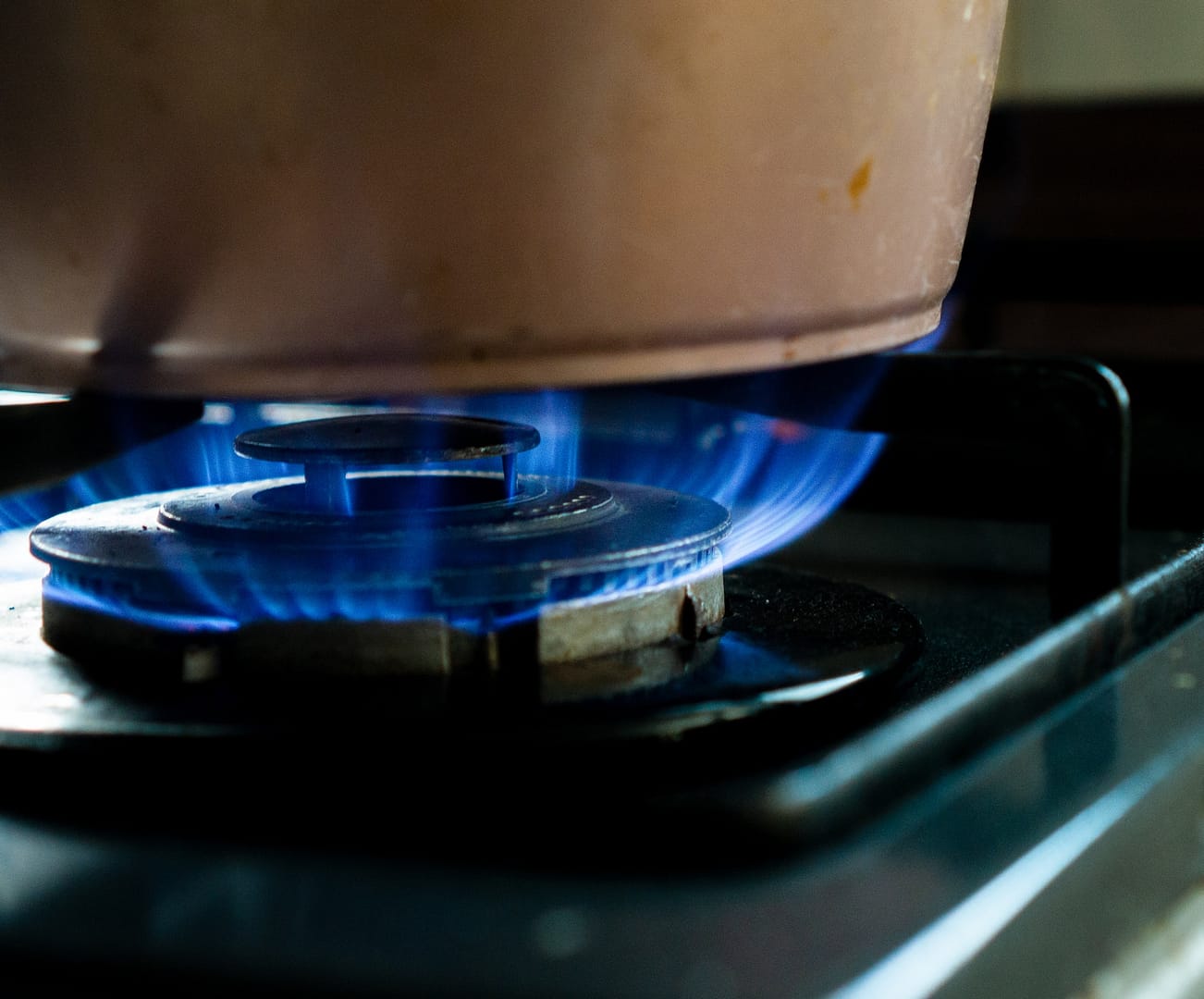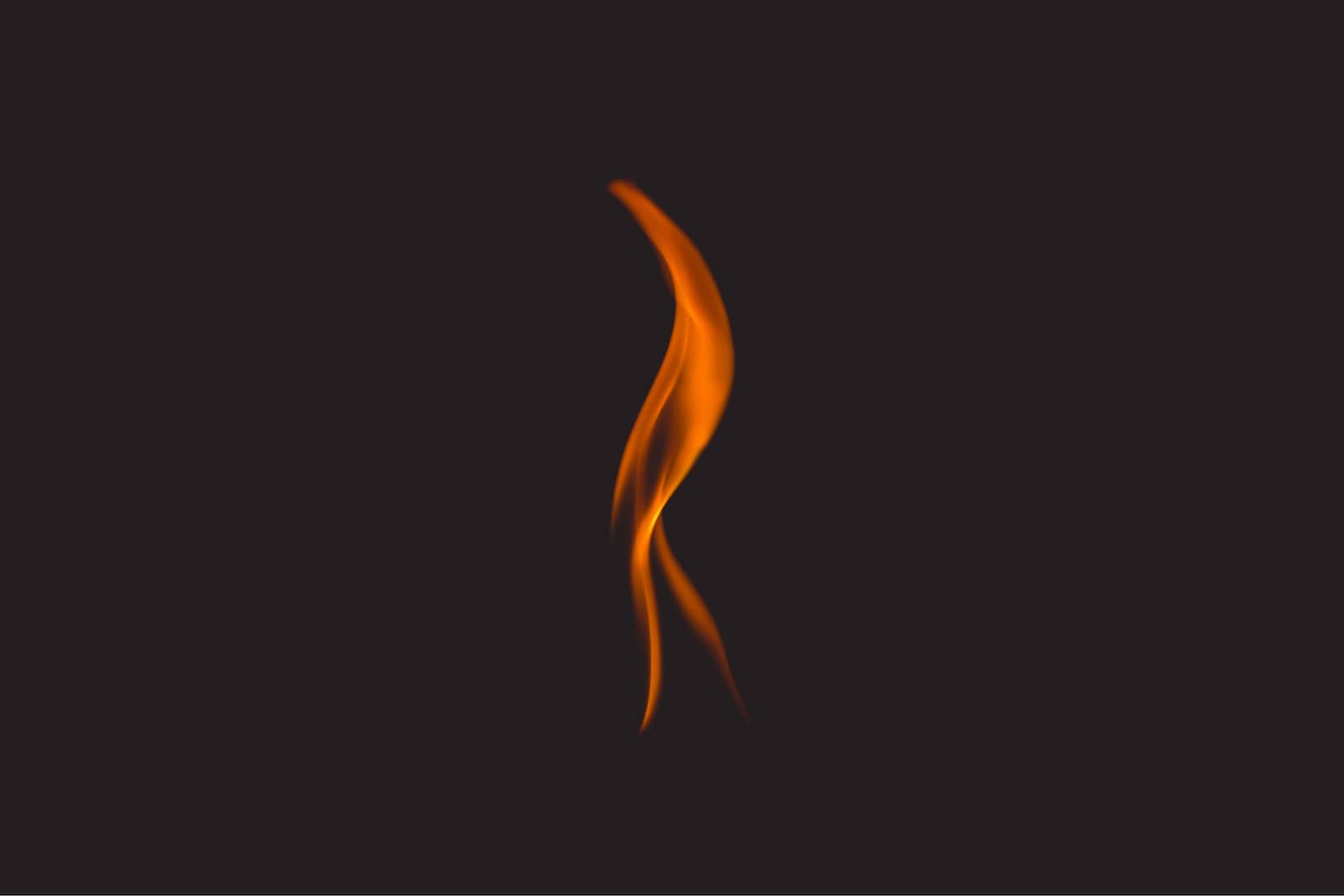Scotland, a land of breathtaking landscapes, rich culture, and vibrant cities, is not without its share of challenges. Among the many health concerns that impact its population, burn injuries stand as a significant issue. In this article, we’ll delve into the world of burn injuries in Scotland, exploring their prevalence, causes, treatment, and prevention efforts.
Prevalence of Burn Injuries
Burn injuries, often painful and debilitating, affect countless lives in Scotland each year. While the exact number of cases fluctuates, statistics from the UK provide valuable insights. The UK, of which Scotland is a part, sees around 13,000 admissions to hospitals due to burn injuries annually. Although precise data for Scotland alone is limited, we can infer that a substantial portion of these cases originates in this picturesque nation.
The Most Common Burn Injury
Among the various types of burn injuries, one stands out as the most common: scalds. Scalds occur when hot liquids or steam come into contact with the skin. They can happen in various settings, from the kitchen to industrial workplaces, but children and the elderly are particularly vulnerable. These burns can vary in severity, but even minor scalds can cause considerable discomfort.
Types of Burn Injuries
Burn injuries are classified into several categories based on their depth and severity. The widely recognised categories are first-degree, second-degree, and third-degree burns.
First-Degree Burns: These are the mildest form of burns and affect only the outer layer of skin, known as the epidermis. They are often characterised by redness, pain, and minimal swelling. Sunburn is a common example of a first-degree burn.
Second-Degree Burns: These burns extend beyond the epidermis and into the second layer of skin, the dermis. They are more painful and cause blisters, swelling, and a risk of infection.
Third-Degree Burns: The most severe type, these burns damage both the epidermis and the dermis, often reaching deeper tissues. They can result in the loss of sensation and require extensive medical treatment, including skin grafts.
Causes of Burn Injuries in Scotland
Burn injuries can happen due to various causes, with some of the primary ones including:
Accidental Burns
Accidental burns are one of the leading causes of burn injuries in Scotland. These can occur in everyday situations, such as while cooking, using hot water, or even through electrical accidents. Accidents in the home account for a substantial portion of these injuries.
Workplace Burns
Workplace-related burn injuries are another significant concern. Scotland’s industries, including manufacturing, construction, and agriculture, expose workers to potential burn hazards. Employers are legally required to ensure safety measures are in place, but accidents can still occur.
Burns in Children
Children are particularly vulnerable to burn injuries, often due to their natural curiosity and lack of awareness of potential dangers. Scalds from hot drinks and items, contact with hot stoves, and even exposure to open flames can lead to burn injuries in children.
Burns Resulting from Negligence
In some cases, burn injuries may occur due to the negligence of others. This can involve unsafe premises, faulty equipment, or lack of proper safety protocols. In such instances, legal action may be pursued to seek compensation for the injured party.
Treatment of Burn Injuries
Proper treatment of burn injuries is crucial to prevent complications and aid in the healing process. The severity of the burn dictates the appropriate medical approach.
First-Degree Burns
First-degree burns can often be managed at home. The key steps include:
- Cool the Burn: Hold the affected area under cold, running water for around 10-20 minutes.
- Pain Relief: Over-the-counter pain relievers like ibuprofen can help alleviate discomfort.
- Keep It Clean: Gently clean the burn with mild soap and water, and apply an antibiotic ointment.
- Protect the Burn: Cover the burn with a sterile, non-stick bandage.
Second-Degree Burns
More severe than first-degree burns, second-degree burns usually require medical attention. The following steps are recommended:
- Seek Medical Help: Consult a healthcare professional to assess the burn and determine the appropriate course of action.
- Pain Management: Medication may be prescribed to manage pain and inflammation.
- Blister Care: Do not pop blisters; instead, protect them with a sterile dressing.
- Keep the Burn Clean: Maintain proper hygiene to prevent infection.
Third-Degree Burns
Third-degree burns are critical and necessitate immediate medical intervention. The treatment typically involves:
- Hospitalisation: Patients with third-degree burns often require hospitalisation. They may need IV fluids and antibiotics.
- Wound Care: Specialised dressings and cleaning are crucial to prevent infection.
- Surgery: In some cases, surgery, including skin grafts, may be required to aid in the healing process.
Prevention Efforts in Scotland
Preventing burn injuries is an essential goal in Scotland, as in any other part of the world. Several initiatives and safety measures have been put in place to reduce the occurrence of burn injuries. These include:
Education
Raising awareness about the risks of burn injuries, especially among vulnerable populations like children and the elderly, is a priority. Schools, community organisations, and healthcare providers play an active role in teaching people about safety measures.
Safety Regulations
Workplace safety regulations in Scotland are designed to protect employees from burn hazards. Employers are required to provide training, safety equipment, and maintain safe working conditions to prevent workplace-related burns.
Home Safety
At home, there are various steps individuals can take to prevent burn injuries:
Childproofing: Childproofing the home to keep hot items out of reach is crucial for preventing burns in children.
Cooking Safety: Ensuring safe cooking practices, such as turning pot handles away from the edge, can help prevent accidents in the kitchen.
Smoke Alarms: Installing and maintaining smoke alarms is essential for early detection of fires.
Fire Safety: Knowledge of fire safety and having fire extinguishers in the home is important to mitigate burn injuries.
Burns First Aid
Basic knowledge of first aid for burns can make a significant difference. Immediate cooling of the burn under cold, running water can help minimise damage and alleviate pain. This knowledge is essential for everyone, particularly parents and caregivers.
Making a Personal Injury Claim with National Claims
At National Claims, we understand the physical, emotional, and financial toll that burn injuries can take on individuals and their families. If you or a loved one has suffered a burn injury due to the negligence of others, you may be entitled to compensation. Our experienced team of legal experts can guide you through the process of making a claim.
Here’s how we can help you:
Free Consultation: We offer a free, no-obligation consultation to assess the circumstances of your burn injury and determine the validity of your claim.
Legal Expertise: Our team of skilled solicitors specialises in personal injury claims, including those related to burn injuries. We will build a strong case on your behalf.
Investigation and Evidence: We will conduct a thorough investigation to gather evidence and establish liability. This may include collecting witness statements, medical records, and other relevant documents.
Making a personal injury claim can help ease the financial burden of medical expenses, rehabilitation, and lost income that often accompanies burn injuries. At National Claims, we are committed to providing compassionate, professional, and effective legal support to burn injury victims in Scotland.

Conclusion
Burn injuries in Scotland, while not always receiving the attention they deserve, remain a significant concern. They affect individuals of all ages and can result from a wide range of causes, from everyday accidents to workplace incidents. Understanding the types of burns, their treatment, and the preventive measures in place is crucial for addressing this issue effectively.
In a nation as diverse and vibrant as Scotland, the community’s commitment to education, safety, and responsible living can significantly reduce the incidence of burn injuries. As we continue to work towards a safer and healthier Scotland, it is important to remain vigilant, informed, and proactive in our efforts to prevent burn injuries and protect the well-being of our loved ones. If you find yourself a victim of a burn injury due to the negligence of others, National Claims is here to guide you through the process of seeking the compensation you deserve.
Contact us today and get started on your claim for your personal injury.
Click below to see why we are one of the most trusted claims management companies in the UK.

We’re proud of our excellent customer reviews
We thrive on delivering exceptional service and ensuring our clients’ satisfaction. Don’t just take our word for it. Check out some of our independent reviews to see what our clients have to say.
Excellent

This firm is excellent, they sorted out my car pay out and injury claim very fast, they always communicate with you all the time.

My accident case was dealt with confidence and with great result of the outcome, especially James kept me informed all the time.

I was very impressed at the way my inquiry was treated. I was listened to attentively and everything I needed to know was explained to me.






